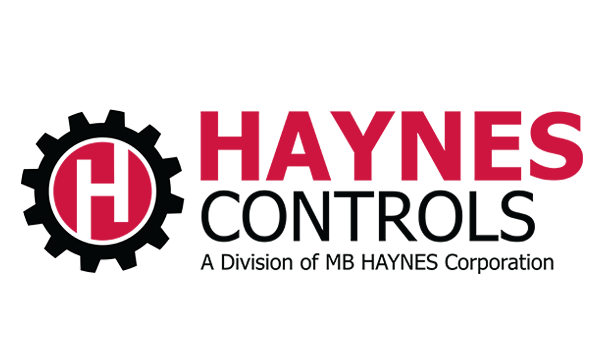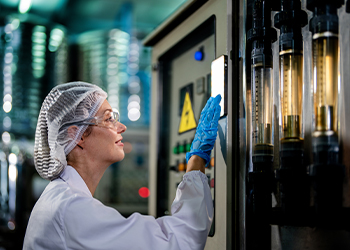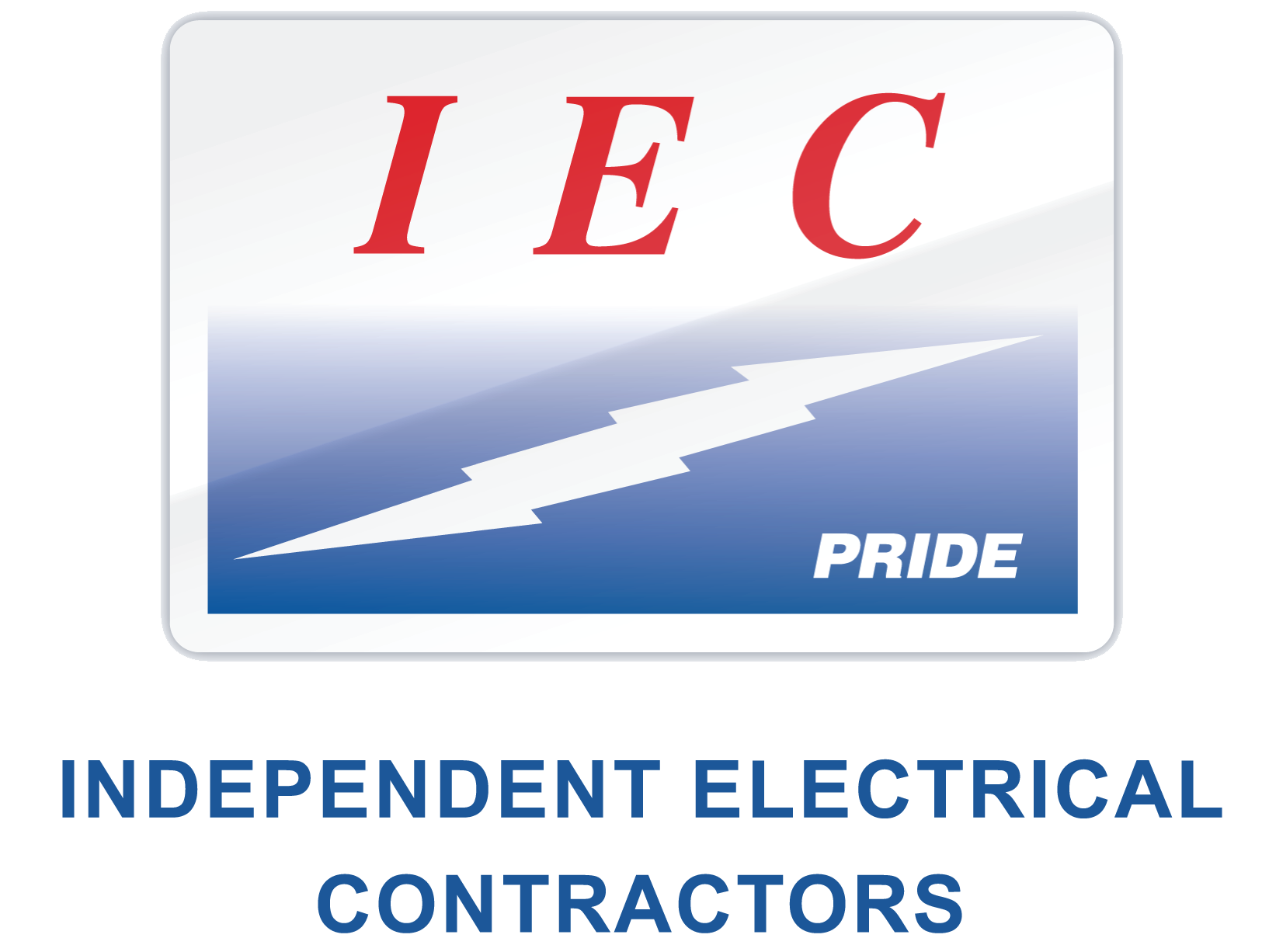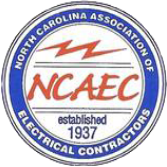
Chemical Laboratories
 Electrical control panels play a crucial role in ensuring the safe and efficient operation of various equipment and processes within chemical laboratories. These panels are essential components of the overall control system, providing a centralized interface for monitoring, regulating, and protecting electrical circuits and devices. Here are several aspects to consider when discussing the use of electrical control panels in chemical laboratories:
Electrical control panels play a crucial role in ensuring the safe and efficient operation of various equipment and processes within chemical laboratories. These panels are essential components of the overall control system, providing a centralized interface for monitoring, regulating, and protecting electrical circuits and devices. Here are several aspects to consider when discussing the use of electrical control panels in chemical laboratories:
- Safety and Compliance:
-
- Hazardous Environments: Chemical laboratories often involve the use of hazardous substances and processes. Electrical control panels are designed to meet safety standards and regulations, ensuring the protection of personnel and the environment.
- Emergency Shutdown: Control panels incorporate emergency shutdown features, allowing quick response to potential risks. This is crucial in preventing accidents and minimizing the impact of unforeseen events.
-
- Process Control:
-
- Instrumentation Integration: Control panels integrate with various sensors and instruments used in chemical processes. This allows for real-time monitoring of parameters such as temperature, pressure, and flow, facilitating precise control over reactions and experiments.
- Automation: Automation is a key feature of modern control panels. By automating repetitive tasks and processes, laboratories can improve efficiency, accuracy, and reproducibility of experiments.
-
- Equipment Protection:
-
- Circuit Breakers and Overload Protection: Electrical control panels are equipped with circuit breakers and overload protection devices. These components safeguard equipment from electrical faults, ensuring the longevity and reliability of laboratory instruments.
- Voltage Regulation: Some chemical processes require precise voltage levels for optimal performance. Control panels provide voltage regulation to maintain stable power supply to critical equipment.
-
- Data Logging and Monitoring:
-
- Data Storage: Control panels often include data logging capabilities, allowing laboratories to record and analyze electrical and process data over time. This data is valuable for quality control, troubleshooting, and optimization of experimental conditions.
- Remote Monitoring: In some cases, control panels can be designed for remote monitoring. This feature enables researchers and operators to observe and control laboratory processes from a distance, enhancing flexibility and accessibility.
-
- Customization and Scalability:
-
- Modularity: Control panels are often modular, allowing laboratories to customize and expand their control systems based on evolving needs. This modularity facilitates the integration of new equipment and technologies into the laboratory environment.
- Scalability: As laboratories grow or their processes evolve, control panels can be scaled up to accommodate additional equipment and increased automation requirements.
-
- Maintenance and Diagnostics:
-
- Fault Diagnostics: Advanced control panels provide diagnostic tools to identify and troubleshoot electrical issues. This helps minimize downtime and ensures that maintenance teams can quickly address any problems.
- Predictive Maintenance: Some control panels support predictive maintenance by monitoring the condition of components. This allows laboratories to schedule maintenance activities before a critical failure occurs, reducing the risk of unplanned downtime.
-
In summary, the use of electrical control panels in chemical laboratories is indispensable for ensuring the safe, efficient, and reliable operation of equipment and processes. These panels contribute to the overall control and automation of laboratory activities, enhancing productivity and safety in a dynamic research environment.
Our Industries
- Agricultural Industry
- Automotive Manufacturing
- Chemical Laboratories
- Chemical Processing Industry
- Data Centers
- Educational Institutions
- Entertainment and Broadcasting Industry
- Food and Beverage Processing Industry
- Manufacturing Industry
- Medical Equipment Manufacturing Industry
- Mining and Minerals Processing Industry
- Oil and Gas Industry
- Pharmaceutical Manufacturing Industry
- Pulp and Paper Manufacturing Industry
- Rail Transportation Industry
- Renewable Energy Industry
- Research Laboratories
- Telecommunications Industry
- Textile Industry
- Transportation Industry
- Water and Wastewater Treatment
- Controls Services MAIN PAGE >












